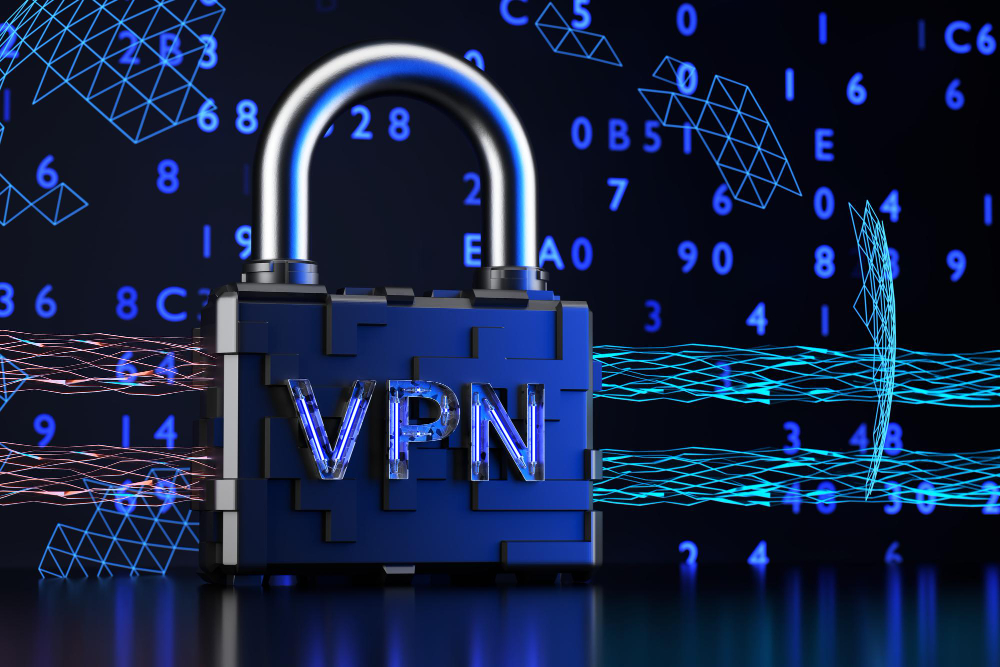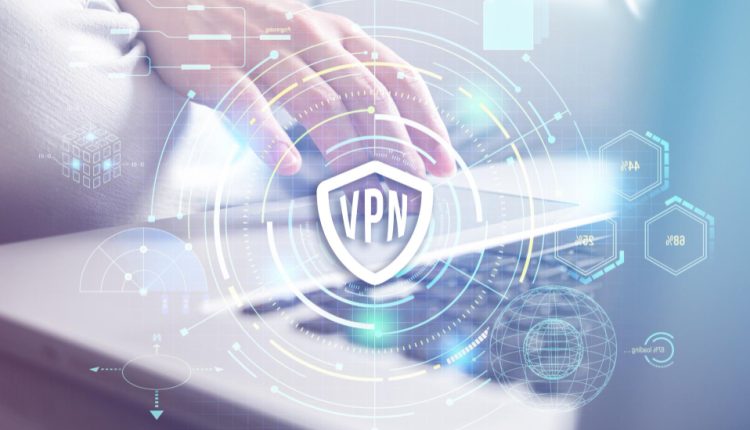What is a VPN?
Table of Contents
A VPN is a virtual network that enables internet users to protect themselves by creating a private web browsing session. This is important when using public Wi-Fi to prevent people from spying on your online activity, data, location, and information.
VPN security helps users prevent their internet service provider (ISP) from tracking their online activity. It works by connecting the user device to the VPN server, then passing that internet traffic through your VPN provider’s internet connection. This hides all browsing information and makes it difficult to monitor your online activity.
How Secure Is a VPN?
The safety of a VPN depends on which VPN you are using. To shield you from ISPs and hackers, a VPN from a reputable service will offer encryption for user data and online browsing history.

A reliable provider should ensure online privacy, provide transparent privacy policies, fix data leaks, and not track users.
What Does a VPN Protect You From?
1. IP Adress Leaks
VPNs should hide or disguise your IP address and block others from tracking you. But sometimes, your IP location could be revealed even with a VPN.
This is why you should look for a VPN that works specifically to prevent IP leaks. You can check online reviews to see if a certain provider has a bad reputation when it comes to leaks.
2. Information Collection
If you want your online privacy and anonymity protected from everybody, even your VPN provider, you should use a no-log VPN. A no-log VPN means your network does not collect or log any information. It doesn’t save personal details, downloads, locations, or search history.
So even if someone can penetrate a no-log VPN, they won’t find any information. Before you pick a VPN, check the terms of service to see if it collects your online activities.
3. Hacking
![]()
One of the best ways to avoid VPN hacking is multifactor authentication. Using this VPN method, users must prove their identity in many steps before signing in.
For example, after you type in a password, you must type in a four-digit code sent via text message. This kind of additional authentication makes it harder for hackers to access your VPN.
4. Data Leaks
If the VPN connection drops, your internet access will switch to the regular connection. You should look for a VPN that has a kill switch feature if you wish to avoid your data being leaked.
If the internet connection becomes erratic, a VPN kill switch feature shuts down particular applications immediately. This actively reduces the risk of sensitive data being leaked by certain applications.
Why Do You Need a VPN?
![]()
In 2022, we can find more hackers than ever, and a VPN is undoubtedly crucial. Surfing the web on an unsecured Wi-Fi network means that your private information and browsing habits could be exposed.
If you shop online or log into your bank account online, you can expose your most sensitive information to hackers and cybercriminals. To protect your website from cybercriminals, read about some of the worst cybersecurity mistakes to avoid when setting up a website. Any information you transmit while online may be intercepted by unauthorized individuals.
VPNs encrypt your data so that strangers can’t read it. This encryption keeps your online activities private, from sending emails, paying bills, shopping, and chatting.
A VPN also hides your IP address so that nobody knows it is you surfing the net, downloading files, or making online comments.
Final Words
A VPN is a must for anyone concerned about their online safety and security. Not having a VPN in 2022 could only bring harm, and it is definitely better to be safe than sorry.

